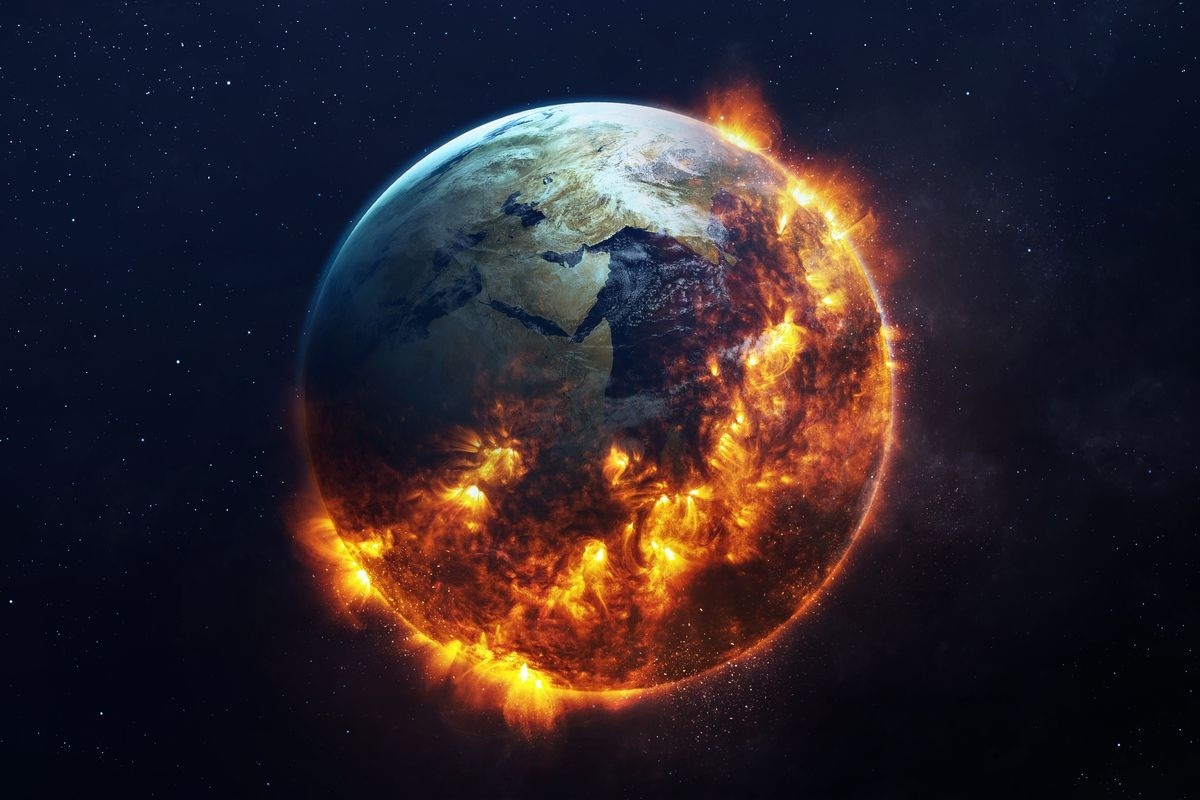Geneva: The upcoming Intergovernmental Panel for Climate Change (IPCC) Working Group I report titled “Climate Change 2021: the Physical Science Basis”, which is due to be launched on Monday, is claimed to be world’s largest ever report into climate change.
It will be the most up-to-date assessment of how global warming will change the world in the coming decades.
Scientists say it will likely be bad news – but with “nuggets of optimism”.
And environmental experts have said it will be a “massive wake-up call” to governments to cut emissions.
What’s in the IPCC report?
A clearer picture of future warming, understanding of the human influence on the climate, including extreme events, and regional information amidst the challenge that lies in implementing the Paris Agreement and cutting greenhouse gas emissions globally.
The Sixth Assessment Report (AR6), the IPCC’s sixth major climate assessment since 1990, comprises three Working Group contributions: Working Group I (the physical science basis), Working Group II (impacts, adaptation and vulnerability) and Working Group III (mitigation) and a Synthesis Report.
All reports in this cycle, finalising amidst a worldwide unprecedented pandemic, cover the topic of cities and climate change, ahead of a Special Report on this topic in the next assessment cycle.
So what can one expect from this report?
The latest report by the IPCC will add to the growing evidence for the need for urgent action to reduce emissions—rapidly and radically, said Katherine Kramer, Global Lead, Climate Change, Christian Aid.
The challenge now for governments and businesses is to reduce their emissions at a rate and scale fast enough to limit further impacts and uphold the promise of the Paris Agreement to limit warming to 1.5 degrees Celsius, she added.
Batting for policies to counter fossil fuel, WRI-India’s Director (Climate Programme) Ulka Kelkar told IANS: “We need technology that revolutionizes the way we manufacture—with green hydrogen and with recycling. And we need to use our land and natural resources responsibly to support livelihoods.”







